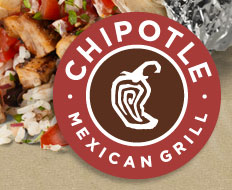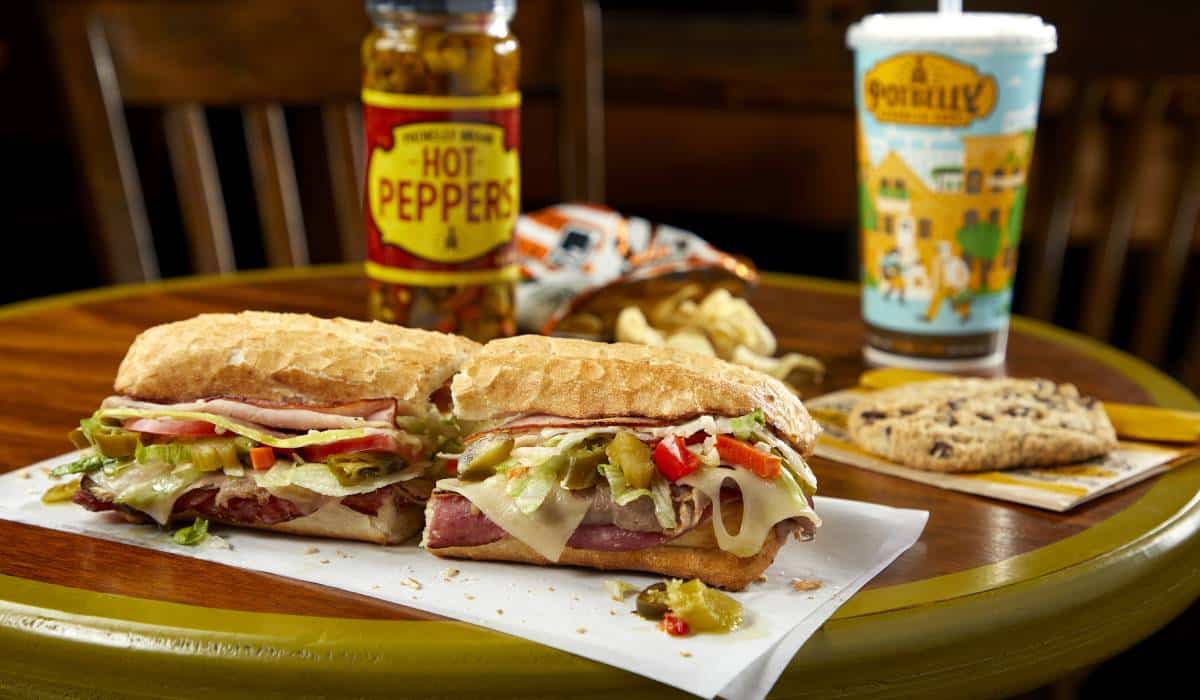Hundreds of Chipotle restaurants aren’t selling carnitas for the third straight week after the fast-casual chain suspended one of its pork suppliers for violating animal welfare standards. While opting to uphold the company’s standards could prove beneficial for consumer loyalty, the shortage demonstrates the challenges for a large chain to source humanely raised meat, supply chain experts say.
Last month, Chipotle stopped buying pork from the unidentified supplier after a routine audit revealed it wasn’t complying with the company’s standards, which require pigs to be raised with outdoor access or in deeply bedded pens. The disruption left roughly a third of the Denver-based chain’s 1,700 restaurants without carnitas.
“I’m really impressed that Chipotle went to that extreme to actually stop selling pork that did not meet their quality standards,” says Brian Miller, vice president of services at supply chain specialist Intesource. “It’s impressive that a company is looking long term enough to slow down or stop sales of a certain product based on the integrity of their corporate goals and objectives, rather than just thinking of the bottom line.”
This is the first time the chain has stopped serving an ingredient for its burritos and bowls, though spokesman Chris Arnold says carnitas only make up about 6 percent of total entrées sold.
He says it’s too soon to tell what impact the carnitas shortage will have on Chipotle’s first-quarter sales, but so far the brand has been encouraged by the response from its customers, “many of whom seem to appreciate our decision to stand on our principles rather than compromise,” he says.
Indeed, Chipotle’s popularity has come in part from positioning itself as fast food with “integrity.” The company features menu items with humanely raised meat and sustainably grown produce. But upholding such standards is forcing the chain to re-examine and augment its supplier options.
“We are working to build additional supply and pursuing a few avenues to do that, including getting additional pork from current suppliers, exploring different cuts of pork—our carnitas is made with pork shoulder, but we are looking to augment that to give us additional supply—and looking at the possibility of adding suppliers, provided we find others that meet our protocols,” Arnold says.
In the meantime, the chain is rotating supply so that no restaurant or group of restaurants will be without carnitas for an extended period of time. Chipotle’s biggest pork supplier, San Francisco–based Niman Ranch, has also temporarily upped its shipments to help fill the gaps, according to a report from Reuters.
That process could take the chain anywhere from weeks to months, depending on where the compliant suppliers are and how many are needed to fill the gaps, says Mickey North Rizza, vice president of strategic services at supply chain technology firm BravoSolution.
“The good news is that Chipotle attacked the situation and was transparent, which will help with consumer confidence,” she says. “But from a risk standpoint, my backup question to them is, where were the other suppliers that could have supplied that product? It comes down to managing your supplier relationships.”
Given Chipotle’s size, Miller says, the chain should seek out a third source of supply as an emergency backup to supplement its volumes. “Something along the lines of 40 percent [from one supplier], 40 percent [from another], and 20 percent from a new third-party supplier would give them another option in these kinds of situations,” he says.
But finding one—let alone several—reliable sources of humanely raised meat presents an ongoing challenge for large chains like Chipotle, demanding active supplier relationship management.
“It becomes difficult because there are very few vendors supplying that kind of product,” Miller says. “Additionally, there are different pressures each one is under to meet their pricing requirement, and if they start to cut corners, there can be an issue like this. But it’s surprising that they weren’t more proactive in going through and auditing the supply chain and actually visiting to take a look at the conditions under which the product was being raised.”
That’s where implementing a more formal supplier management system can help prevent a future carnitas crisis, North Rizza says. “They should get a system in place that makes suppliers accountable and gives them visibility so they can track, look for risk, and manage their supply base much more readily.”
And because a supplier is “only as good as his last audit,” Miller says, more regular audits certainly can’t hurt, either.
“I would definitely recommend at least an annual audit on all suppliers,” he says. “Now that a situation has come to fruition, they should definitely increase the number of audits at least on any new supplier. It sounds like Niman is doing a nice job. But Chipotle should take a look at their suppliers quarterly or at least every six months just to make sure they’re following through on contractual commitments.”













